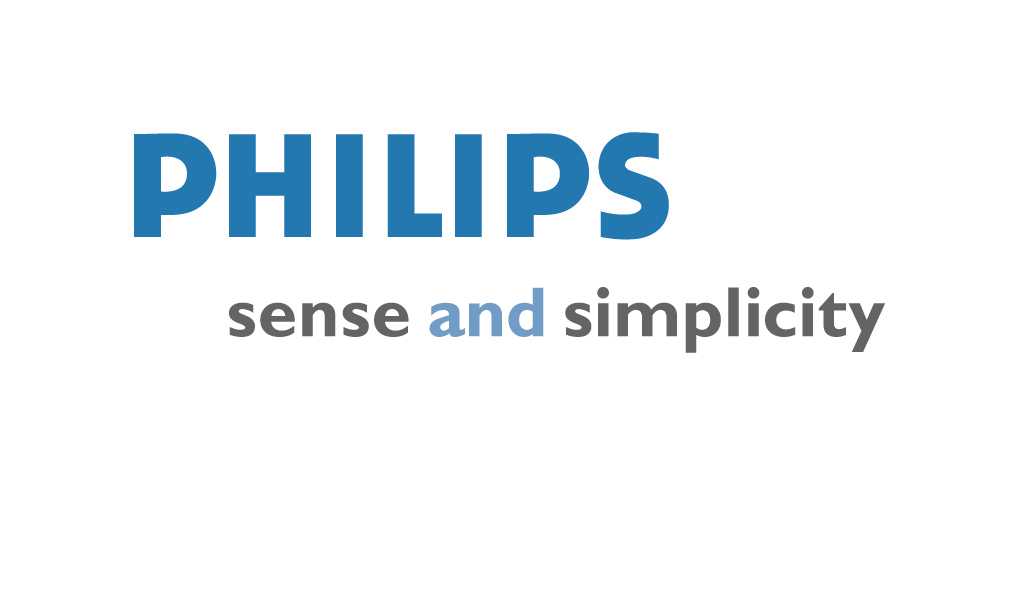
On March 14, a Czech group of Key opinion leaders hosted by the Dutch Ambassador Klompenhouwer met to discuss digitization in healthcare in the Czech Republic. They were all keen and ready to embrace the promise of digital health, but also recognize some of the same challenges all health systems are dealing with: the need for a strong role of government as orchestrator of the transformation, new incentives in the system to eliminate waste and drive better outcomes, health technology assessment of digital solutions, understanding the impact on care providers and jobs/skills, interoperability, standards, security, etc. “But an open dialogue is the beginning for champions to get together, seek common interests and co-create the first steps towards value based care enabled by digital health. I look forward to a strengthened collaboration between the Czech and the Dutch healthcare teams”, said Jan-Willem Scheijgrond, the Global Head of Government and Public Affairs at Royal Philips, who presented the Dutch healthcare system and their digitization journey.
However, the optimistic future is way ahead of us and uncertain. Currently, both global and Czech healthcare systems face several unpleasant trends. According to recent OECD report, one of these is the growing spending on the entire health system. Higher costs are also associated with the aging of the population. “Currently, seniors in the Czech Republic consume 45 percent of health care expenditures. If we do nothing in this area, it can rise to 75 percent,” explains Falilou Fall of the OECD Economic Department. By 2050, in our country, the proportion of people over 65 will rise from 18 to 30 percent. One third of physicians in the Czech Republic are over 55 years of age.
A number of Czech professionals have been seeking data sharing and overall digitization for many years. The first successful move in this respect was the e-recipe introduced in early 2018. After it has started, doctors must prescribe medication electronically. By the end of last year, 17,083 health facilities, 2,894 pharmacies and 41,864 doctors were actively involved in the system.
From the point of view of digitizing the whole system, it is just a small step, but it shows that changes are useful and can work. Digitization of the entire system can bring many benefits. Doctors and medical staff have a huge amount of data available today, but they use very little of it. Moreover, they do not share the data among themselves. Artificial intelligence can integrate data in the future and analyze it to provide a comprehensive picture of the patient's health and lifestyle.
"Artificial intelligence can help us significantly with the diagnosis and effective treatment of diseases," says Tomaž Justin, director of Philips Health Systems for Central Europe, adding: "Today's population is aging and the incidence of chronic diseases is growing rapidly. In EU we spend 700 billion EUR a year for the treatment of chronic diseases. Some of our customers in larger health centers generate about 2 million health images per week. In total, we manage 145 billion images that we can study. This is already a decent base for us to teach artificial intelligence to recognize the causes and moments of onset of diseases. Thus, artificial intelligence has the potential to help health professionals make the right decisions in the shortest possible time, to be a partner for them, to help them manage the increasing number of patients and diagnoses so that they can fully address the areas that really require their attention.”
No one today can predict what health care will look like in 20 years. All you have to do is go back by the same amount of time to 1998. Back at that time, only 3% of the world's population was connected to the Internet and almost no one could see how much we would use mobile phones in 20 years. The technology has evolved faster than we ever imagined. Similarly, medical devices and data processing are developing rapidly. Phones and applications have changed our behavior and culture exponentially. Likewise, healthcare can also change.
